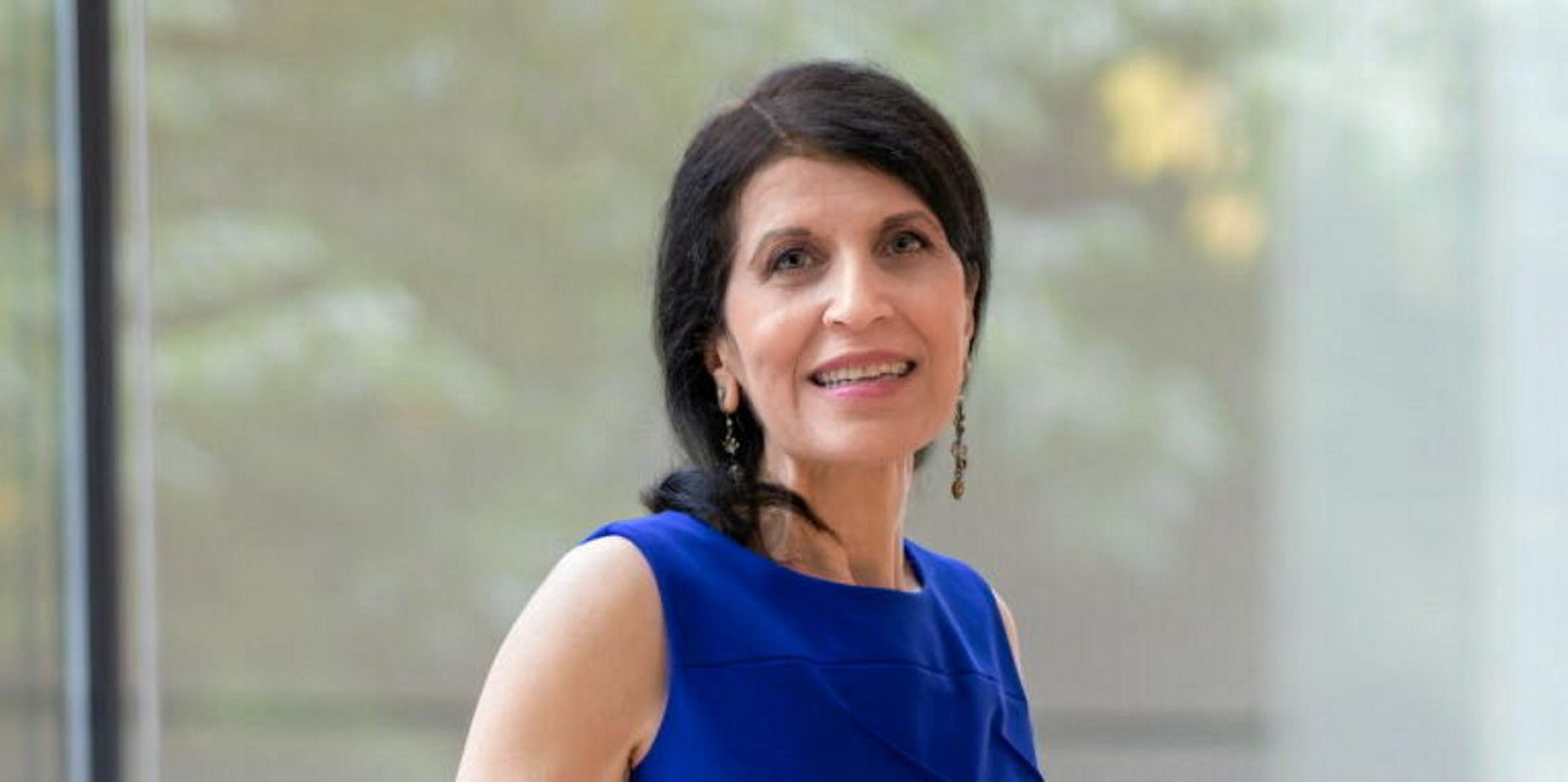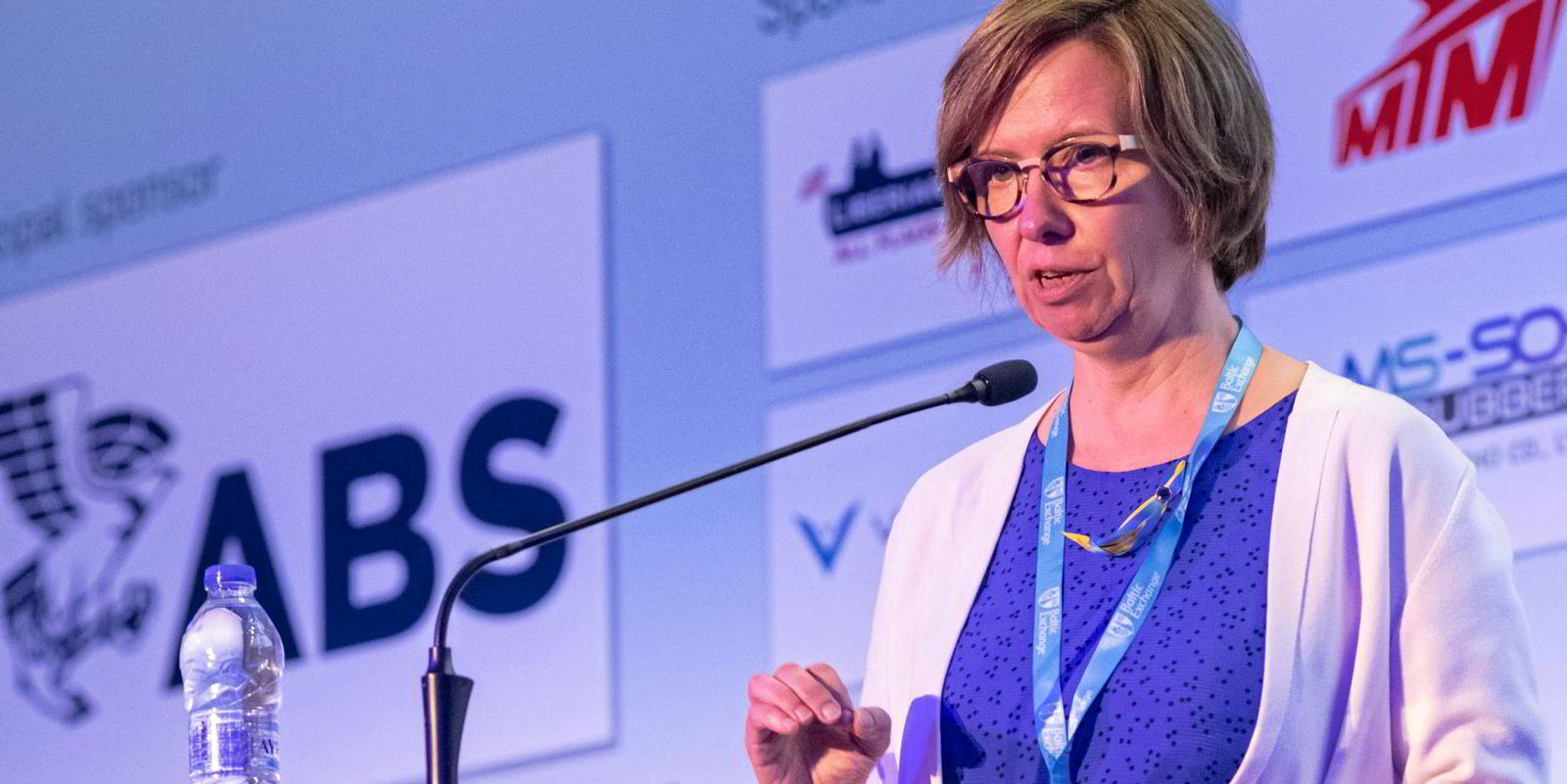With so many Danes in shipping company boardrooms around the world, Denmark must be doing something right.
Now, as the industry commits to improving diversity and opening up to candidates who do not already have industry links, is there a winning formula to train, recruit and retain shipping talent?
Martin Jes Iversen, vice dean of international education at Copenhagen Business School (CBS), attributes Denmark’s exports of maritime leaders and talent to a strong partnership and dialogue between universities such as CBS and the private sector.
Iversen was instrumental in establishing the university’s International Shipping & Trade bachelor’s degree programme in 2014, which was developed with input from the state and from national shipowners’ association Danish Shipping. The course has grown from an initial intake of 20 students to 70 today, of whom half are Danish and the rest are international.
CBS, he said, has tried to develop an educational programme that bridges the academic and the theoretical with skills that are practical and relevant to the industry today. This is supported by internships at major shipping companies and a year spent abroad in Singapore or the US.
Historic Danish shipping names, such as Norden, Torm and the Maersk group, support CBS by offering work placements to students. Then there are companies like Hafnia, smaller start-ups and other shipping companies in Norway and Germany.
“At Norden today we’re getting a lot of interns from that [CBS] programme, which is a great way for them to come and get some practical experience and understanding both of Norden as a company but also learning about the industry,” Norden chief executive Jan Rindbo told TradeWinds.
He started his career as a trainee at tanker owner Torm during the early 1990s.
“Traditionally, we’ve had a lot of trainees and in that sense Norden has over decades been educating people also, not just for Norden but potentially for at least the smaller, dry bulk operators. There’s a lot of talent that has been developed at Norden and even to this day, we have a lot of people in senior positions that have come out of that traineeship,” he added.
It is not just about young people. Participants in CBS’s Blue MBA master’s degree programme on average are around 40 years old and have around 15 years’ experience in the industry, usually to a mid-career or senior-level management position.
‘Sought after’
“In my 20-plus years of experience with the programme, it has become evident to me that the combination of their practical background and leadership/management and hands-on theory that we provide them makes them very sought after by the industry,” Blue MBA director Irene Rosberg told TradeWinds.
“What we try to do is to make sure that the programme we run is relevant and current; we make sure to follow the trends and challenges in the industry and translate them in our academic programme.”
Rosberg said that the demands from maritime employers for shore-side staff are changing.
“Shipping and shipping-related companies today are looking for agility and innovation. We shall be leaning much more on technology and innovating ways to harness it in order to achieve sustainable goals. It is, therefore, obvious that the industry will be requiring skill sets beyond the traditional seafaring abilities,” she explained.
“I think one of the advantages of this trend is that it also opens doors to more female colleagues to progress in this industry and bring about much-needed gender equality.”
CBS has recently established a Blue Board Leadership programme to make sure board members of shipping and shipping-related companies have the right skills to govern.
Rosberg thinks that the “Scandinavian leadership style” is a contributing factor to the number of maritime leaders coming from Denmark.

Though partnership of academia and the private sector in Denmark has proven effective in getting students on the shipping career ladder, Iversen also thinks it is “critical” that universities such as CBS maintain their independence to ensure the quality of their research.
“We experienced that when we have dialogue, it’s also important that we are not only asking the questions they as an industry need us to ask, but that we are also identifying, for instance, questions and topics and agendas through dialogue with research colleagues from around the world or in dialogue with other stakeholders, maybe also people from authorities and from other places,” he said.
“That’s a very, very important aspect, I think, in a well-functioning public-private relationship — that there is that mutual respect and also a mutual independence.”
As well as taking on interns and trainees, Norden is among the many Danish firms refreshing their ranks by recruiting from outside the shipping industry. The company has recruited a large team of data scientists, none of whom come from a shipping background, CEO Jan Rindbo explained.
“We have basically two large functions where they work. We have one, risk management, which is a very data-driven part of Norden, and then we have another team that we call ‘advanced analytics and digital solutions’,” he said.
Martin Jes Iversen from Copenhagen Business School also perceives that maritime employers in Denmark are looking for candidates with strong data and analytical skills.
“We also see an increasing need for digitalisation skills and understanding about the new opportunities but also challenges with digitalisation, both in terms of being able to use big data and develop and use various types of AI [artificial intelligence], data and algorithms and other things in daily processes,” he said.
Shipping’s green transition is helping to drive this shift. “Understanding the institutional framework of the sector is also really critical,” Iversen added.
CBS is also trying to accommodate diversity in the way it recruits students, he said.
“We are very eager to have some kind of diversity in our student body, so we are also looking to have students of both genders,” he said. “We are also eager to have an international body of students.”





